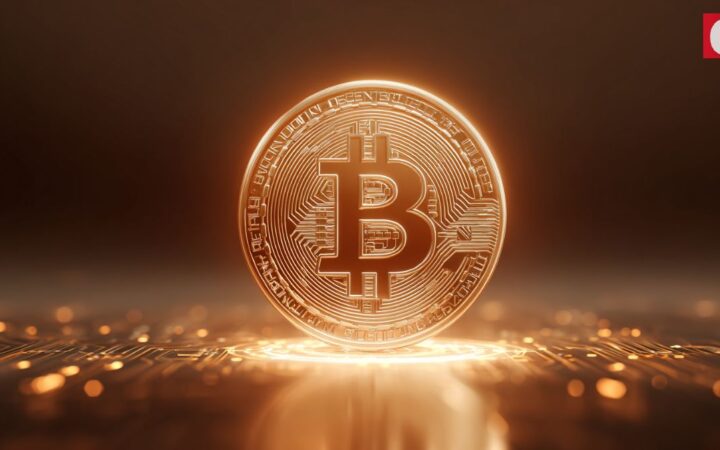Taking strong interest in blockchain, cryptocurrencies, and IoT, Tatsiana Yablonskaya got deep understanding of the emerging techs believing in their potential to drive the future.
Japanese authorities have come up with a set of bills that recognize virtual currencies as asset-like values for digital payments. The bills will grant cryptocurrencies similar functions with real money and help banking groups expand their information technology business.
Nikkei informs that the bills foresee measures to enable regional banking groups to easily consolidate their fund and system management after realignment, as well as improve their business efficiency.
“Bank-holding companies will be able to acquire IT-related ventures. The move is aimed at promoting innovative financial services called “Fintech” and allowing banks to embark on new settlement systems and other businesses.”
Virtual currency exchanges will need obligatory registration with the Financial Services Agency. This measure is taken to prevent money laundering and improve protection of the virtual currency users. The necessity for cryptocurrency regulation became obvious after the report of Financial Action Task Force, an international body on countering money laundering and terrorist financing, last year.
The information about upcoming recognition of virtual currencies as real assets appeared in Japan not long ago. Approximately a month ago, Financial Services Agency revealed that it was preparing legislative revisions aimed at recognition of bitcoins and other virtual currencies as fulfilling the functions of currency.
The Financial Services Agency made it clear that virtual currencies keep losing to conventional ones despite the fact that they are considered as objects. And the agency came up with an action-oriented proposal to develop the financial technology sector.
At that time the decision was made to regulate all virtual currency exchanges. To provide better control over the virtual economy, the Financial Services Agency proposed compulsory registration of every exchange or institution dealing with virtual currencies. It became even more essential after the Mt. Gox’ collapse in 2014.
Japanese financial regulators stick to the opinion that handling cryptocurrencies as methods of payment equivalent to traditional ones could strengthen consumer protection and spur growth in the virtual economy. This is fairly logical statement. However, Japan now faces heated debates.
The debates concern the issue of bitcoin taxation. The thing is that in Japan the cryptocurrency is subject to taxation. And it is despite the fact that last year the European Court of Justice determined that bitcoins should be exempt from value added tax, treating the virtual currency as a means of payment similar to other forms of legal tender such as bank notes and coins.
Japan remains to be the only country of the Seven major industrialized countries to tax bitcoins. Yuzo Kano, head of the Japan Authority of Digital Assets, an industry group for virtual currencies, says: “Japan is going against the world. The taxation is bad for Japan in terms of its competitiveness.”





